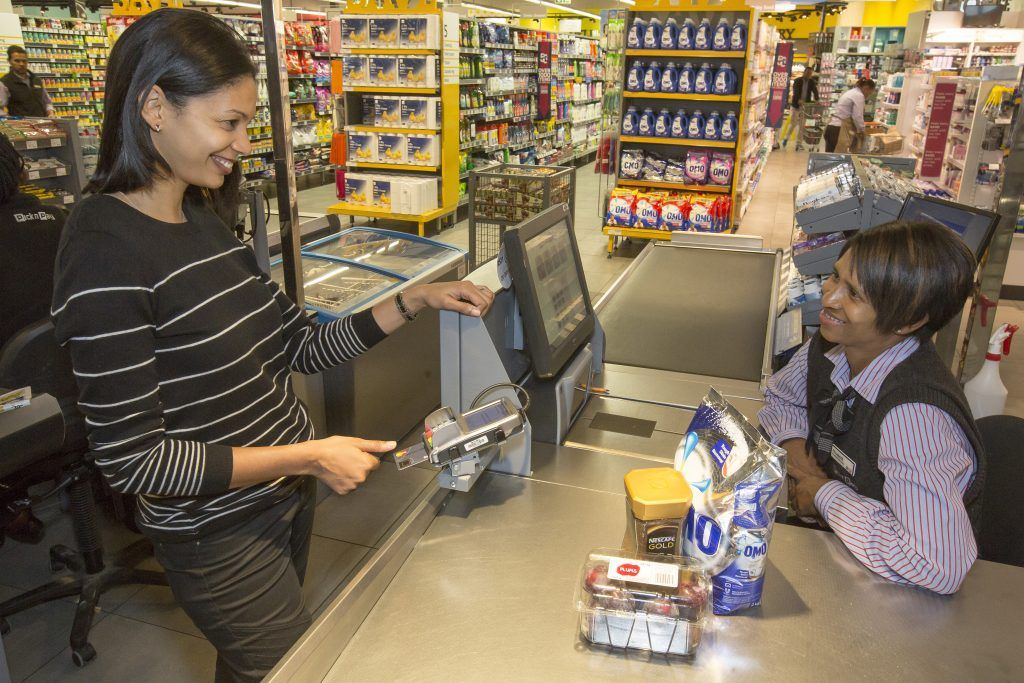Mastercard, a technology company in the global payments industry, faces a number of competitors both inside and outside the global payments industry.
The company competes in all categories of payments (including paper payments and all forms of electronic payments), as well as in all categories in which it offers value-added services and solutions.
Competitors
General-purpose payment networks
Worldwide, the company competes with payment networks such as Visa, American Express, JCB, China UnionPay and Discover, among others.
These competitors typically offer a range of card-based payment products.
Some competitors have more market share than Mastercard in certain jurisdictions.
Some also have different business models that may provide a pricing advantage, compliance burdens or other advantages.
Worldwide, financial institutions can issue payment products under both the Mastercard and Visa brands, and Mastercard competes with Visa for business on a portfolio or individual programme basis.
In addition, some of its customers issue payment cards under the American Express, China UnionPay and/or Discover brands on a four-party basis.
Debit and local networks
Mastercard faces competition with ATM and debit point-of-sale networks in several countries.
In addition, in many countries outside the United States, local debit brands are the primary national brands, while Mastercard brands are used primarily to enable cross-border transactions (which typically represent a small portion of total transaction volume).
Real-time account-based payment systems
Mastercard faces competition from other companies (such as ACI Worldwide, FIS and Volante Technologies) that offer infrastructure, applications and services to support these payment solutions.
Alternative payment systems and new entrants
As the global payments industry becomes more complex, Mastercard faces increasing competition from alternative payment systems and emerging payment providers for both customers and data.
Many of these providers, which in many circumstances may also be Mastercard’s partners or customers, have developed payment systems focused on online activity in e-commerce and mobile channels (in some cases, expanding to other channels), and may process payments using internal account transfers, account-based real-time payment networks, or global or local networks.
Examples include digital wallet providers (such as Paytm, PayPal, Alipay and Amazon), point-of-sale/purchase-now-pay-later finance providers (such as Klarna, Affirm and Afterpay), mobile operator services, mobile money transfer and microfinance services (such as M-PESA) and cell phone manufacturers.
Public networks
Governments have increasingly created local payment structures (such as the Brazilian instant payment system-PIX, FedNow in the United States, the European Payments Initiative, the Nigerian NIBSS card and the South African instant payment system-Payshap), which are increasingly seen as alternatives to traditional national payment solutions and systems.
In addition to local and regional networks, more than 80 national governments are exploring the use of central bank digital currencies (CBDCs).
Digital currencies
Stablecoins and floating cryptocurrencies may gain popularity as they become more regulated and are seen to offer immediacy, 24/7 accessibility, immutability and efficiency.
These currencies have begun to be accepted by P2M operators (such as Square), while some banks have started experimenting with blockchain-enabled B2B payments (such as J.P. Morgan).
Value-added service providers and new network capabilities players
Mastercard faces competition from companies offering alternatives to its value-added services and solutions.
These companies include information services and consulting firms that offer consulting services and expertise to financial institutions, merchants and governments, technology companies that offer cyber and anti-fraud solutions, and companies that compete with Mastercard as providers of loyalty and program management solutions.
![]()

